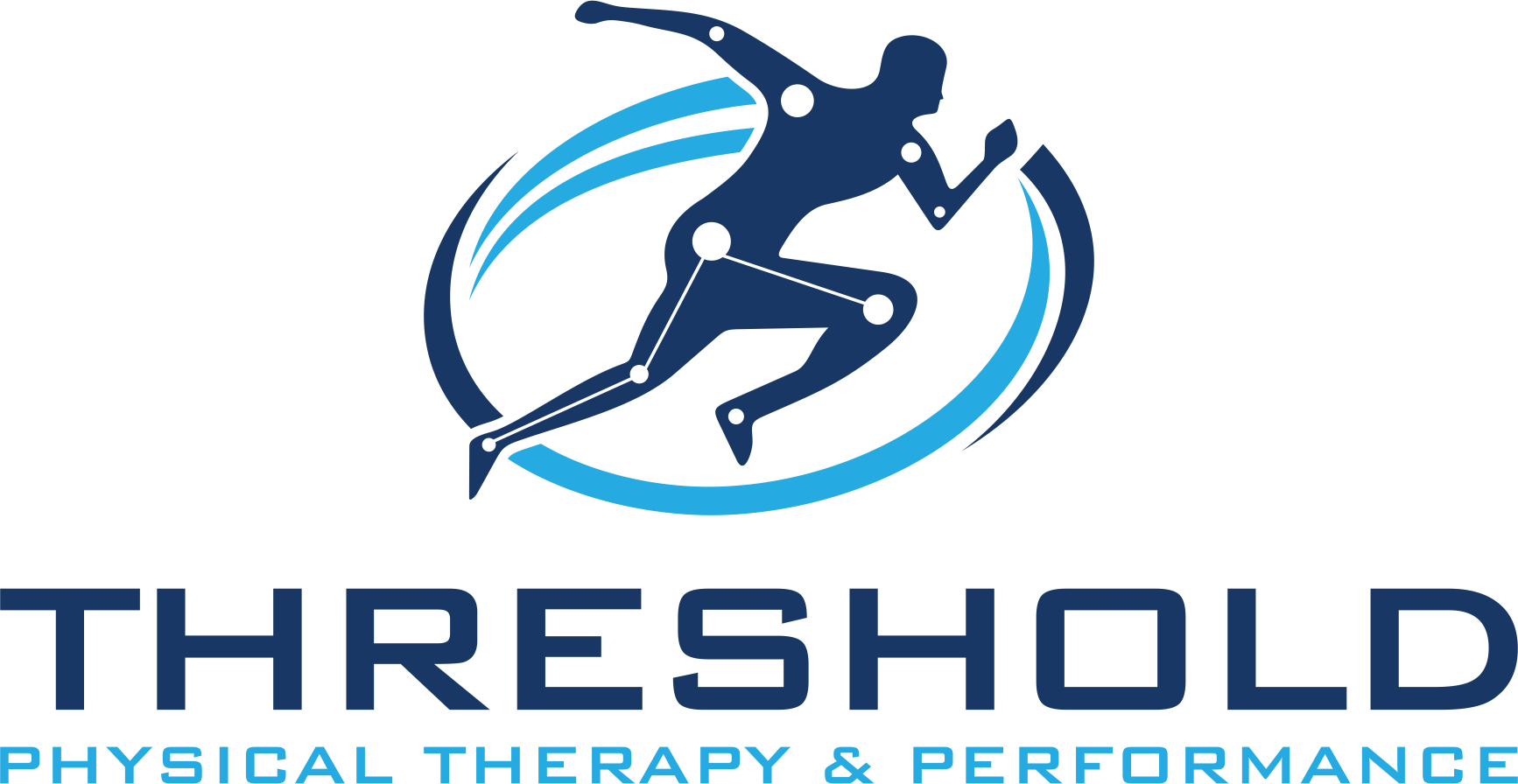Is it accurate to monitor athletic performance and stress response via portable devices measuring heart rate variability?
The journal Sports Medicine recently posted an ahead-of-print systematic review addressing the accuracy of portable devices, as compared to electrocardiography (ECG), for measuring heart rate variability metrics.
Heart rate variability has been shown to be a relatively good indicator and physiologic marker of cardiovascular autonomic control. It refers to the variability between successive heart beats and can be used to monitor athletic performance, recovery status, readiness to perform, and stress response. Generally speaking, as athletes or, interestingly, those suffering from chronic pain conditions undergo higher levels of stress, their heart rate variability decreases.
Traditionally, quality measures of heart rate variability required a hospital or laboratory with an ECG for accurate measurement. However, with advancements in wearable technology, we are able to more readily track changes in homeostatic perturbation and overall health outcomes that may be related to chronic stress and overtraining.
The review, after looking at the results of 23 publications, found there to be significant, yet small, amounts of absolute error in heart rate variability measurements from portable devices as compared to ECG. There was also some increased artifact and error introduced with monitoring during exercise. Despite these small amounts of error, the authors did note that these portable devices (primarily chest strap monitors) provided acceptable accuracy to derive weekly averages and interpret meaningful changes in heart rate variability during longitudinal monitoring for athletic performance and recovery.
Are you training optimally? Are you recovering appropriately? Come see us at Threshold Physical Therapy and Performance to see if we might be able to help!

